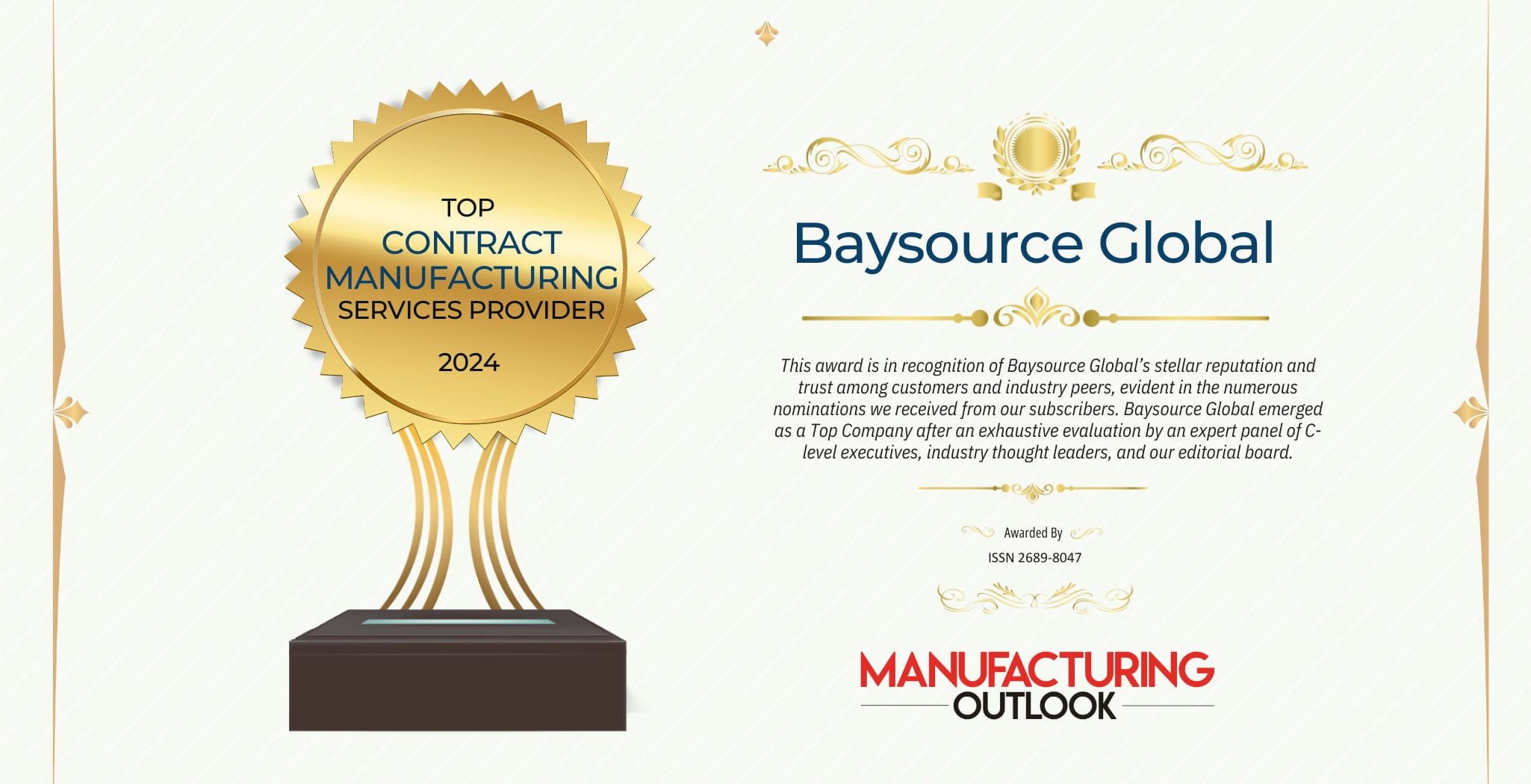Globalization To Take Hold Of Middle Market
Globalization is a hot topic in the private equity community today, and rightfully so. With more and more companies outsourcing some part of their business to Asia and companies from abroad looking to sell their wares in America, it’s no wonder private equity shops are making efforts to become truly global. Of course, the big firms like Carlyle and TPG have had this capability for some time, but you know the trend is pervasive when almost every day you hear of another middle market investment bank or private equity shop aggressively looking for a presence overseas.
Case in point: Lincoln International, an investment bank that has spent a great deal of time making this happen. In fact, they changed their name from Lincoln Partners to Lincoln International after partnering with Germany’s Peters Associates and then a different one in Asia last year. Additionally, they are expected to open another office somewhere in the world this summer.
Goldsmith Agio Helms, another investment bank, boasts a London office and says it contacts international buyers in virtually all transactions. Additionally, international buyers participate in the sale process in 95% of the firm’s transactions.
“Investment banks and private equity firms that become truly global will have the advantage,” says one middle-market private equity pro. “No businesses are located in just one place these days. To be able to help companies navigate in Eastern Europe or Asia is a huge competitive advantage.”
Clearly, this isn’t lost on the Association for Corporate Growth, our publishing partner, which has launched several chapters outside the U.S. and is hosting its first-ever China conference in early June.
So where does this leave middle market players that aren’t globalizing? “In the dust,” jokes the private equity pro. While that might be a little harsh, will private equity firms that don’t globalize be able to compete in years to come? Or more importantly, are we going to start seeing a consolidation take place in the community? Many say ‘yes’, but with the caveat that firms should have a game plan and spend their money in specific overseas locations, as opposed to setting up offices all over the world.
Please send me your ideas, and I will share my guesses. And of course, your emails will be kept confidential unless you indicate otherwise.
Baysource continues to work with the private equity community in reaching out to identify portfolio companies, particularly those in niche manufacturing and distribution segments, who may not have the resources or infrastructure to embark on long range sourcing projects in China. Several U.S. manufacturers have experienced dramatic reductions in cost of goods via strategic sourcing initiatives implemented by Baysource.




Follow Us